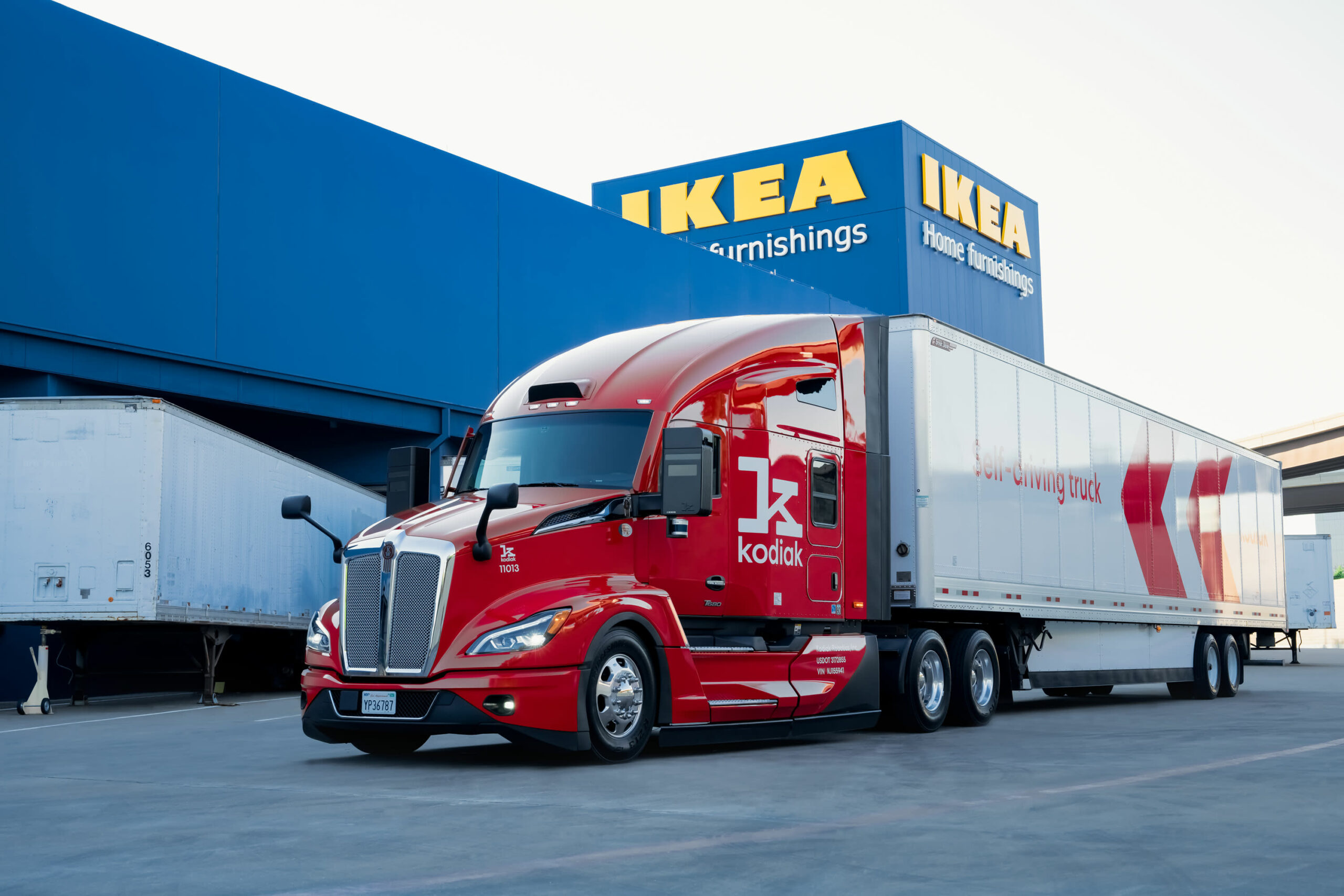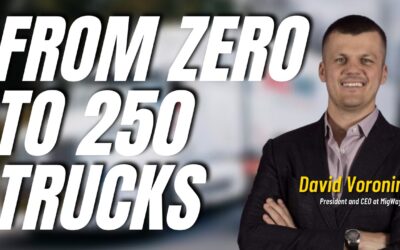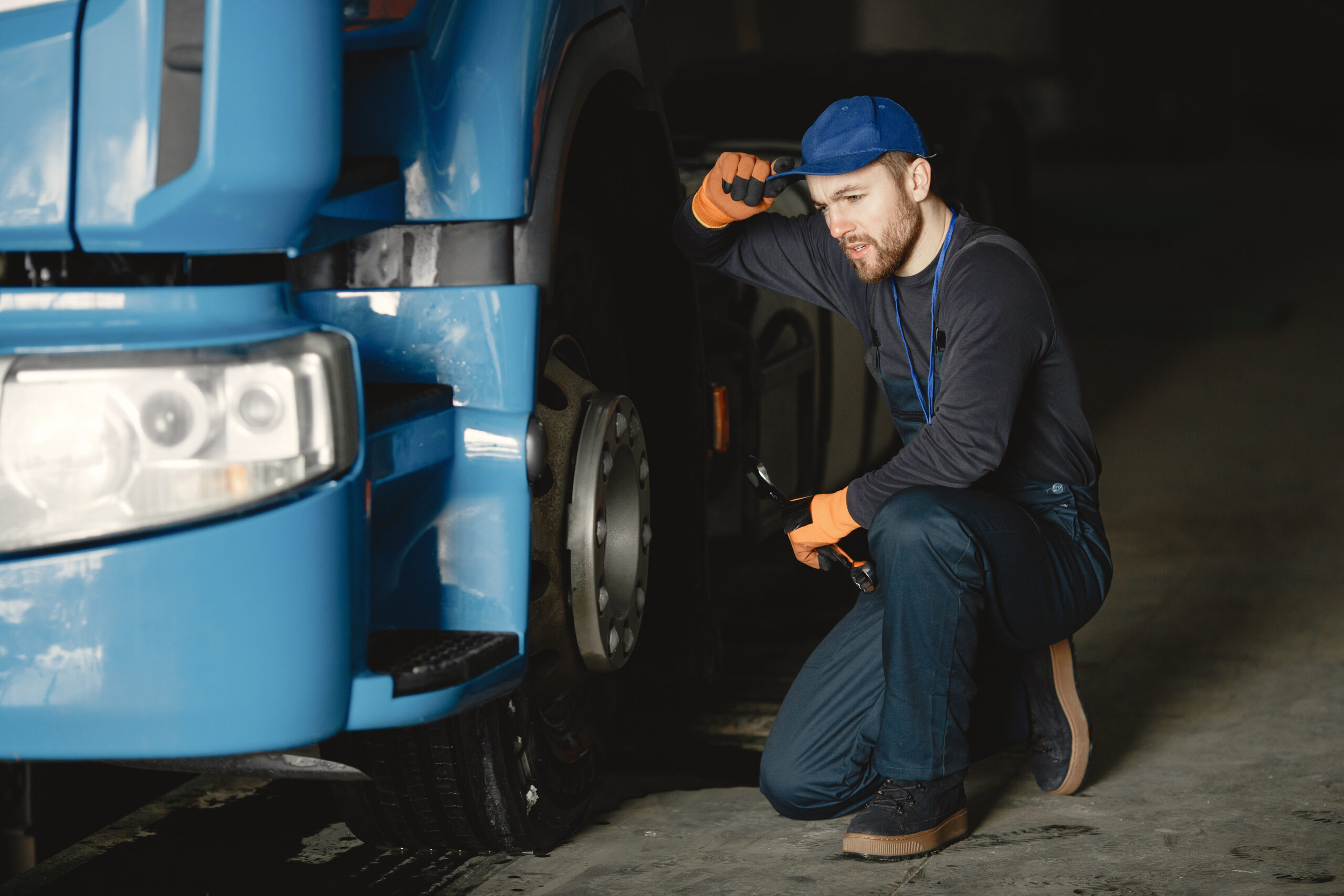Are you worried that autonomous trucks will take over your job? Well, not so fast. We are far away from autonomous trucks being on the road without a human driver in the cab. For now, the main goal of AV trucks is to improve the safety and efficiency of truck drivers – not put them out of a job. Here are some AV trucking companies to watch as we enter 2023.
- Aurora
Aurora innovation has set its commercial launch to mid-2024, assuring shareholders that they’ll be able to fund the deployment of its level 4 autonomous driver tech, Aurora Horizon driver. Shares are now down more than 90% from the company’s peak a year ago.
The Silicon Valley startup was founded in 2017 and raised $2.5 billion in funding before going public in 2021. The company has made three acquisitions in its history.
Aurora has been making headlines with the success of its self-driving truck pilot program, which has seen great results in productivity and safety. The company has piloted fleets with FedEx Corp, Schneider, Werner Enterprises, and Uber Freight.
The company saw success with its FedEx fleet this year. “Throughout Q2, [Aurora] delivered over 335 loads by driving over 80,000 cumulative miles, with 100% on-time performance and no cancellations,” the team said.
- Kodiak
Kodiak Robotics is one to watch in the autonomous truck industry, having already obtained permits to operate in a few different states and partnering with the US Army. The California-based company already hauls commercial loads using its level 4 autonomous vehicle technology. The company is wrapping up its most active year since its founding in 2018.
Just this year, Kodiak has received a $49.9M grant from the U.S. Department of Defense, partnered with IKEA, U.S. Xpress, Werner, 10 Roads Express, and Ceva, and hauled freight in Dallas-Fortworth, Houston, Oklahoma City, and Atlanta, according to the company’s website. To date, Kodiak has raised $165 million in venture funding and took on $30 million in debt financing.
In a recent demo, the company showed the crisis aversion capabilities of its tech in the event of a tire blowout.
- TuSimple
TuSimple jumped into the autonomous truck space a bit sooner than its competitors, being founded in 2015 and quickly becoming a leader.
The company has piloted fleets with UPS, DHL, Werner, Schneider, and more. Last December, TuSimple announced it completed the first autonomous “driver-out” demonstration on Arizona public roads – meaning no human was on board for the 1 hour and 20-minute trip.
Recently, company drama has outweighed news of advancements. Last month the startup fired and replaced former CEO Cheng Lu amidst a federal probe into ties to a Chinese firm. A few weeks later, Nasdaq hit them with a warning for failing to share financial reports on time.
It seems evident that current issues led to the end of TuSimple’s deal with OEM Navistar this month.
- Waymo
Waymo is a self-driving technology development company spun out of Google’s parent company, Alphabet Inc. Waymo is at the forefront of the development of autonomous vehicle technology, and most regard it as one of the leaders in the field.
When it comes to funding and years of experience, Waymo can’t be matched. Waymo began working on autonomous passenger vehicles in 2009 but didn’t branch into the heavy truck space until 2017.
The company’s biggest accomplishments include launching the world’s first self-driving taxi service, Waymo One, in Phoenix, Arizona.
The company has conducted several demonstrations of its self-driving trucks, including test drives on public roads in California and Arizona. In 2018, Waymo announced that it had completed a successful autonomous cross-country trip from California to New York with one of its trucks. The vehicle navigated more than 2,400 miles of highways and city streets without human intervention.
Waymo has partnerships with Daimler Trucks North America and Ryder Systems Inc. to develop autonomous trucks with Waymo technology integration for long-haul trucking.
- Einride
Stockholm-based Einride is a leading player in the world of autonomous trucking. Founded in 2016, the company has quickly established itself as a pioneer in the field and has already completed several successful pilots and road tests of its technology.
One of the key features of Einride’s technology is its use of electric drivetrains, which allows the company’s trucks to operate with zero emissions. Another unique feature is that Einride’s vehicles have no cab or seating area for a human driver.
This month, Einride raised a massive $500 million Series C, including a $300 million debt financing from Barclays Corporate banking. It’s the largest autonomous mobility round in Europe’s history.
In June, US regulators approved Einride’s operation on public roads. The company made history in October as the first cabless, autonomous, and electric vehicle to complete such a drive.
The takeaway?
It is difficult to make specific predictions about the future of autonomous long-haul trucking, as many factors could impact the development and adoption of this technology. Commercial success has yet to be seen.
As e-commerce and global trade continue to expand, there will be a greater need for efficient and cost-effective trucking solutions. Autonomous trucks have the potential to meet this demand by providing reliable, high-capacity transportation at a lower cost than traditional trucking methods. Additionally, advances in autonomous vehicle technology are making self-driving trucks more practical and feasible.
How does the integration look with a company like BasicBlock?
Freight factoring companies, such as BasicBlock, provide a range of financial services to trucking companies and independent truck drivers, including financing, credit protection, and accounts receivable management. At the core, BasicBlock helps trucking companies manage their cash flow, which is an essential aspect of running a successful business.
Co-Founder and CEO Taylor Monks said in an interview that “The future of BasicBlock is more underwriting and credit extension, but with factoring being a key piece in the data element.”
By leveraging the data from its factoring business, BasicBlock can provide its service to other finance-based products in the industry. For example, a financial institution considering a loan for a trucking company, autonomous or otherwise, could tap into BasicBlock’s real-time data to assess the risk level.
So, even in an industry based on autonomous trucks, freight factoring companies are likely to remain a valuable resource for trucking companies.







0 Comments